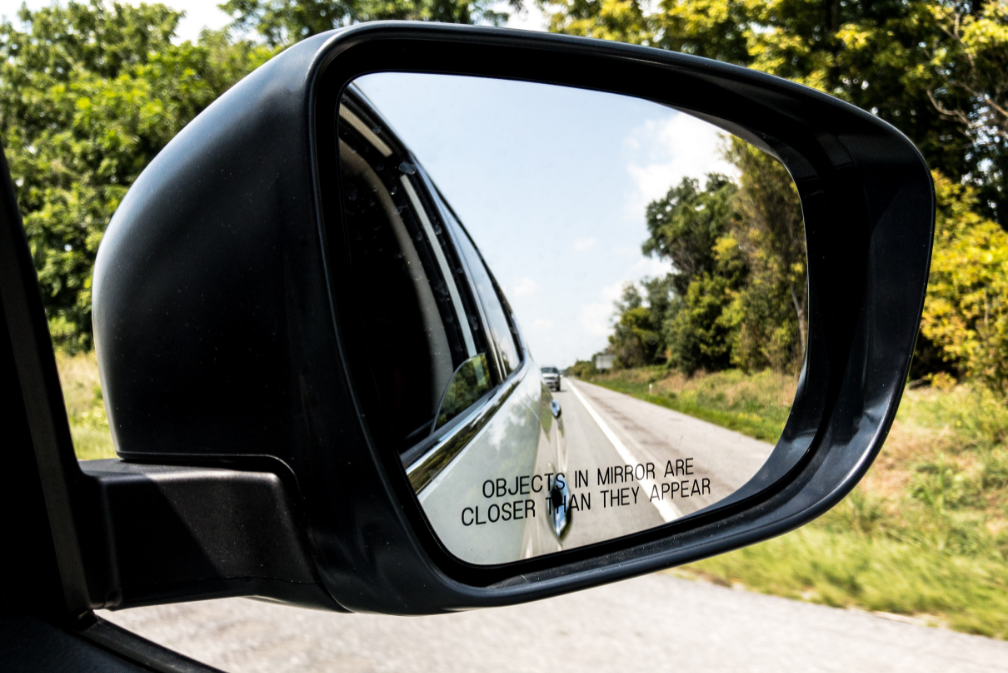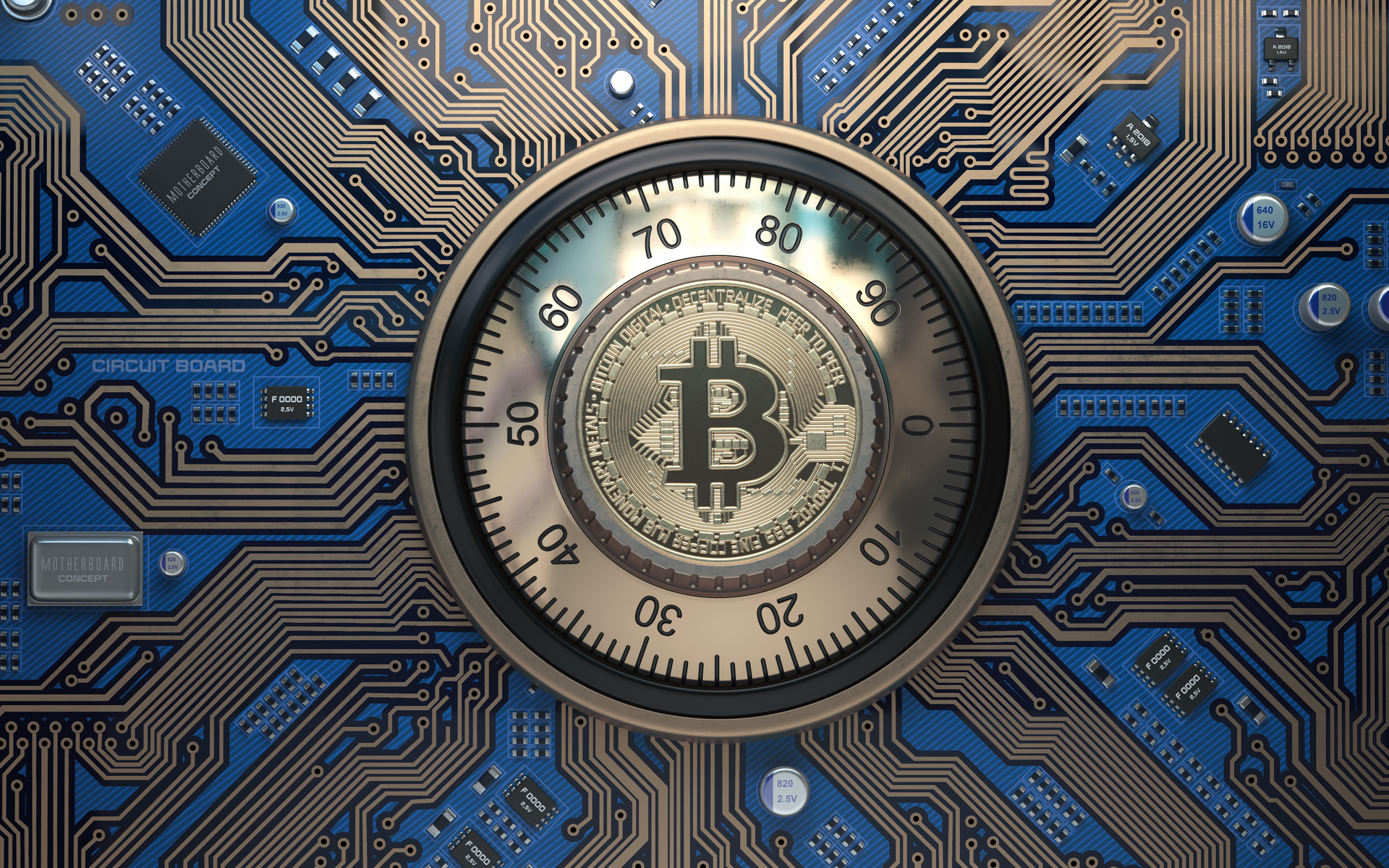Should you trust a third party for bitcoin security?
Can you count on someone else to keep your bitcoin safe? That’s the million-satoshi question.
In a world where we’re used to banks securing our money, assuming total custody over your wealth can seem intimidating. Many bitcoin investors wonder if they’re better off letting someone else secure their bitcoin, such as a custodian or exchange, but this is often riskier than it appears.
At Casa, we help clients all around the world safely take self-custody of their bitcoin. Here’s a quick overview of third parties and how to best protect your money.
What’s a third party?
In finance, third parties are organizations who facilitate transactions in some way, such as processing payments, brokering deals, or protecting assets.
The most common example of a third party is a bank. When you earn money, you usually don’t spend it right away, so you might deposit it into a bank account for safekeeping. Then when it’s time to spend money, you could use a credit card, which is a service from another third party.
Even when you choose to transact in cash, you’re still dealing with a third party because cash is generally produced and monitored by central banks. Third parties are everywhere in the legacy financial system.

Third-party risk: Closer than it appears
People trust third parties because they appear to be safer. For instance, if you’re carrying around a lot of cash, you could lose your wallet or get robbed at any time, in which case a bank account may seem more secure.
But in reality, third parties actually present a different set of risks. Banks store a lot of money, which makes them a frequent target of robberies. The U.S. experienced more than 1,700 bank robberies in 2020 alone, according to the FBI.
There’s also systemic risks to consider. Banks make money by lending it out and taking on investment risk. If account holders go to withdraw their money all at once — as often happens in an economic crisis — it’s possible the bank won’t have it on hand, due to fractional reserve policies. And third parties can go bankrupt, too. More than 500 banks have failed in the U.S. since 2000.
So, third parties come with some risk. Most of us are just not used to thinking about it.
Bitcoin: Money without third parties
- Satoshi Nakamoto, "Bitcoin: A Peer-to-Peer Electronic Cash System"
Bitcoin is a totally different kind of money. It lets you transact peer-to-peer without having to rely on a third party, such as a bank, government, or credit card company. This independence is part of what makes bitcoin special — you don’t have to trust a third party. You can be your own bank.
Owning bitcoin, however, comes with a challenge: protecting your money is up to you. It’s a double-edged sword at first. If you assume custody over your bitcoin, you become responsible for protecting your bitcoin from hackers, burglars, accidents, and any number of disaster scenarios. On the other hand, if you leave your bitcoin with a custodian or exchange, there’s no guarantee they will keep it safe either.
In fact, custodians and exchanges have been notoriously bad at keeping bitcoin safe. All of the following have happened in bitcoin’s history:
- Exchanges have been hacked.
- Governments have seized assets from exchanges.
- Accounts have been compromised.
- Exchanges have folded.
The answer to these security challenges is simple — don’t trust third parties. Instead, practice self-reliance and take custody of your bitcoin, beginning with your own private keys. Learn more about private key management in the below article.

Don’t trust – verify
At Casa, we make it easy for you to hold your private keys safely. With our multisig vaults, you can protect your bitcoin with multiple keys to protect your money from single points of failure. The kicker? You don’t even have to trust us.
Casa is a non-custodial security provider. We’ve understood from the very beginning that if we were custodial, we’d be a single point of failure and susceptible to pressure from outside forces. So, we don’t have control of your bitcoin. Instead, we help you add layers of security around your keys and provide some redundancy for recovery if needed.
With Casa Standard, for instance, your bitcoin is shielded with three keys: your hardware key on a physical device you control, a mobile key encrypted on your phone’s secure enclave, and the Casa Recovery Key, which we store for you. The Recovery Key is the only key we control, which isn’t enough to spend bitcoin a multisig vault. If one of your keys was ever lost or stolen, we can help you recover your bitcoin with the other two keys.
We’ve also made it so you can recover your funds without ever contacting us. Our Sovereign Recovery process allows you to use open-source tools to recover your bitcoin independently.
Final thoughts
Security is about minimizing risks, even trust. By reducing your reliance on trusted third parties, you can use bitcoin to its full potential — as money no one can take from you with keys only you control.
Start holding your own keys now
Interested in trying Casa Standard? It’s the best introduction to self-custody and protects your bitcoin from accidents, hackers, and more. Get started here.

